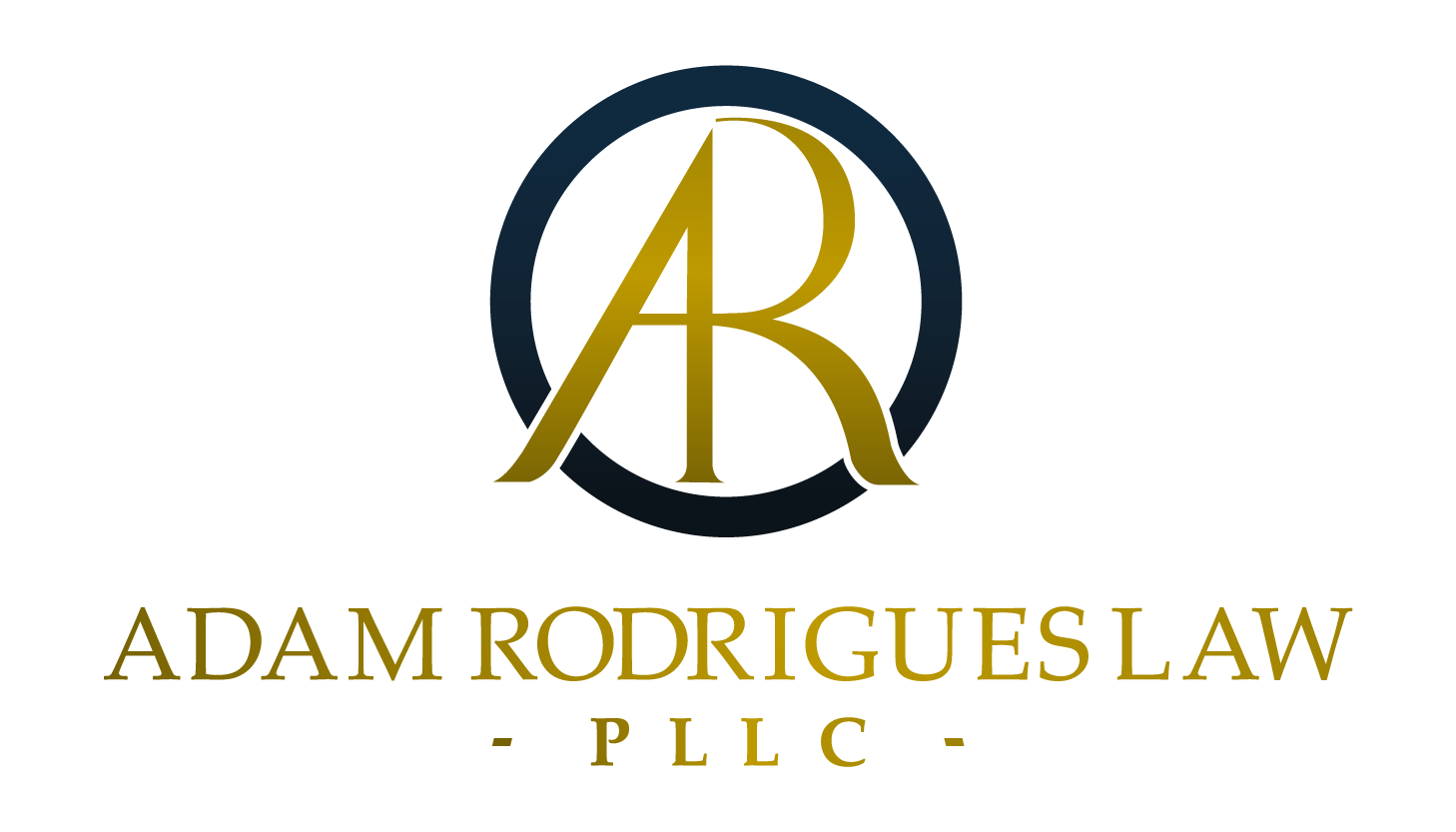
North Carolina Post-Conviction
Motion for Appropriate Relief
A motion for appropriate relief is North Carolina’s primary means of filing for post-conviction relief. It is North Carolina’s equivalent to a “post-conviction petition.”
One really unique thing about a motion for appropriate relief in North Carolina is that most motions for appropriate relief can be filed at any point after your conviction: even many years later. There are a certain number of bases for your motion that have to be filed within 10 days of your conviction being final, but post-conviction motions based on ineffective assistance of counsel or new evidence (the most common bases for post-conviction motions) can be filed at any time.
Like in every state and federal court, much of your attorney’s strategy in pursuing post-conviction relief for you is determined by whether or not you pled guilty or went to trial.
Finally, most states do not allow filing a petition for post conviction relief years after your conviction, so if you are in North Carolina and you think there were errors in your case that could lead to post-conviction relief, contact our office today!
If you are in need of North Carolina post-conviction representation, fill out our intake form. Questions? Contact us.
Challenging a Trial Verdict
North Carolina provides unique protections to people who challenge their trial verdicts. North Carolina General Statutes 15a-1335 states a court cannot impose a worse sentence when a sentence is challenged by collateral attack.
In short, this means that challenging your trial verdict through a motion for appropriate relief bears no risk that your sentence could get worse. This is a great advantage over challenging a guilty plea, which the above statute explicitly states it does not apply to.
Unfortunately, you do run the risk of receiving a worse sentence if you succeed in overturning your guilty plea.
With this in mind, it is worth having an attorney review your case and potentially file a motion for appropriate relief. You can always contact our office for a free consultation. If you cannot afford a private attorney, you can reach out to North Carolina Prisoner Legal Services to see if they would be willing to take your case.
Challenging a Guilty Plea
The major distinction between challenging a guilty plea and a trial verdict in North Carolina is the risk. In North Carolina, you are protected by the law from receiving a worse sentence if you vacate your trial verdict and get a new trial or a new sentence. If you succeed in vacating your guilty plea, however, you are not protected from receiving a worse sentence. You are, in effect, having the case start from zero, and in so doing you give the prosecutor discretion to re-prosecute the case however he or she sees fit.
Consequently, it is critically important that your post-conviction attorney accurately advise you about the strengths and weaknesses of your case before you decide on officially filing a motion for appropriate relief to vacate your guilty plea. You want to know that the odds are in your favor that your case will result in a better sentence if your attorney succeeds in overturning your plea.
There is no risk in reviewing your case and then potentially talking to the district attorney about any concerns your attorney has with your case.
Where the risk arises is if we decide to officially file the motion for appropriate relief. Once we file it, we are then officially asking the court to set aside the guilty plea, and if we win, giving room for the prosecutor to approach the case a second time around.
You need an attorney familiar with post-conviction strategy and the strengths and weaknesses of a post-conviction case to advise you well on whether your plea should be challenged.
Can You Get Your North Carolina Conviction Expunged?
In North Carolina, a misdemeanor conviction eligible for expungement can be expunged five years after the date of conviction. For an eligible felony, you can petition the court 10 years after the date of conviction.
As far as determining whether your conviction/s is/are eligible for expungement, North Carolina has at least 16 expungement statutes. As of December 1, 2021, criminal records eligible for expunction in North Carolina are generally limited to the following categories:
- Up to three “non-violent” felony convictions (NC law defines “violent convictions” at NCGS 15A-145.5(a). Some of these convictions are not what we normally think of as “violent”).
- One or multiple “non-violent” misdemeanor convictions.
- A first-time conviction of certain offenses committed before age 18/22.
- One or multiple convictions of certain offenses committed before age 18 that occurred before December
1, 2019. - All charges that are dismissed or disposed “not guilty.”
- A conviction that was the result of being the victim of human trafficking.
In some ways the qualifications for expungement listed above are intuitive. In other ways, they are extremely complex. Having an attorney assist you in evaluating your past convictions and ensuring they can or can’t be expunged can be immensely helpful.

The information on this site is not legal advice. For legal advice, you would need to consult with an attorney regarding your specific situation. Licensed to Practice in North Carolina and Tennessee. For Federal Cases, Practicing Solely before Federal Courts and Agencies
